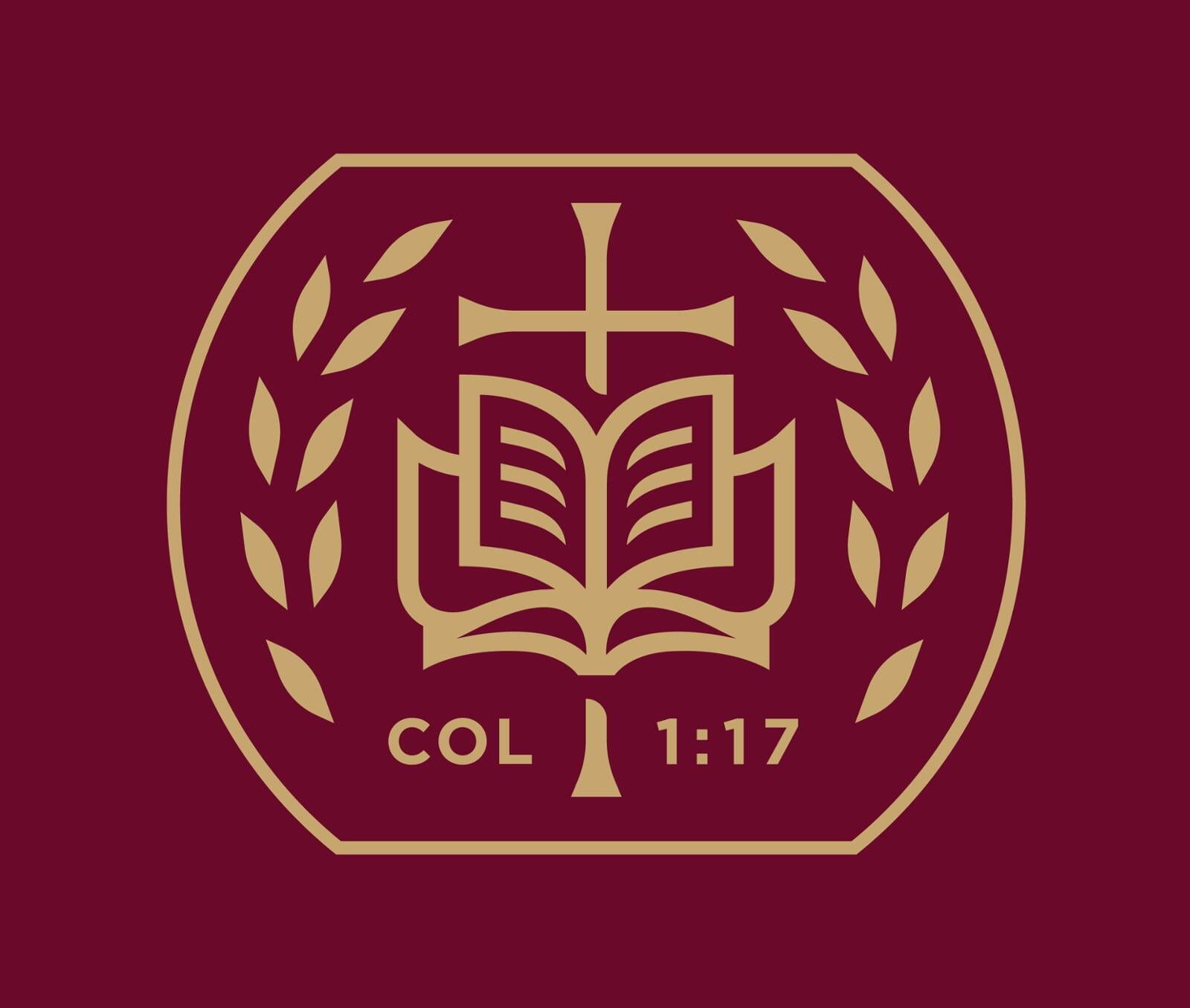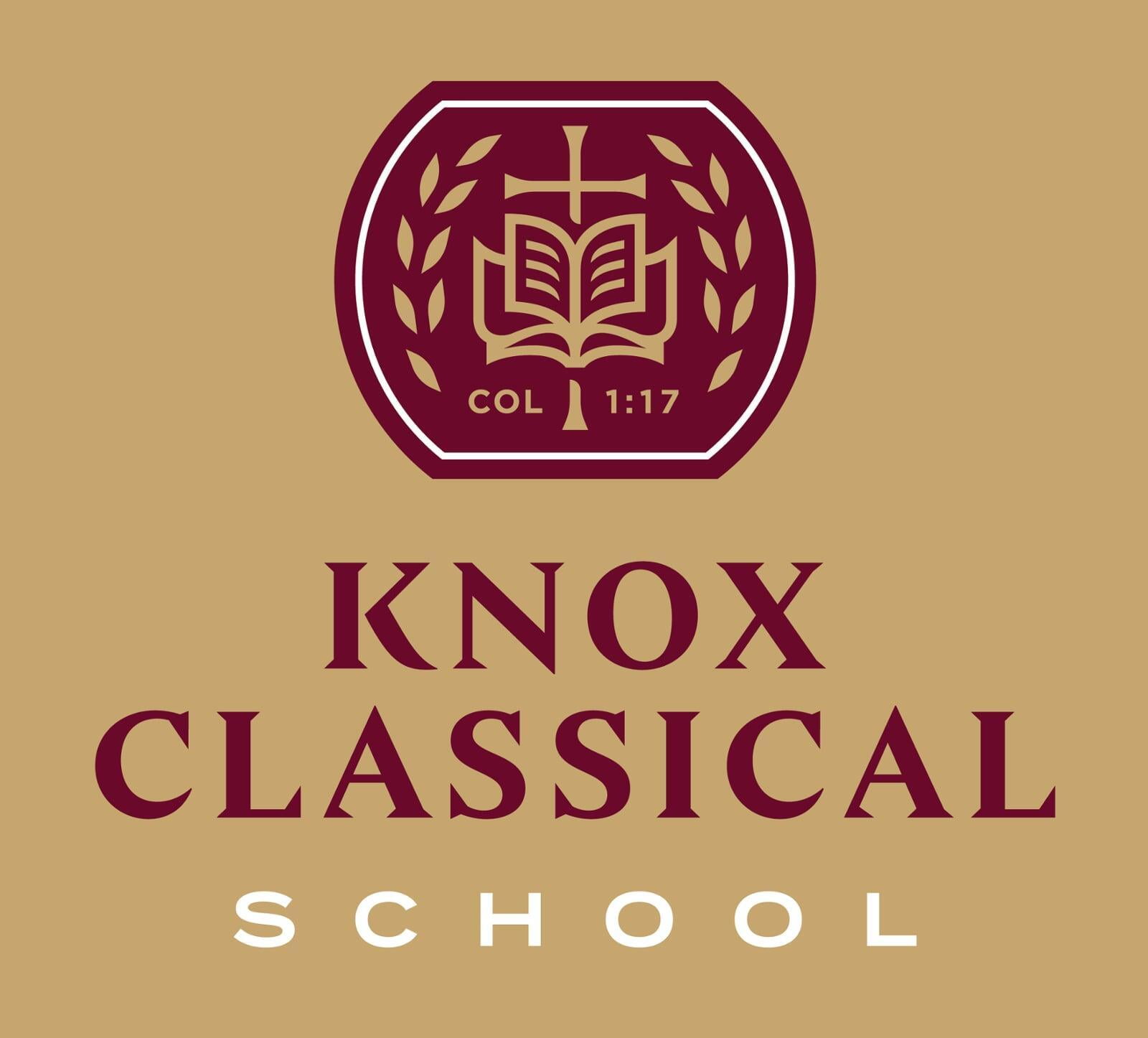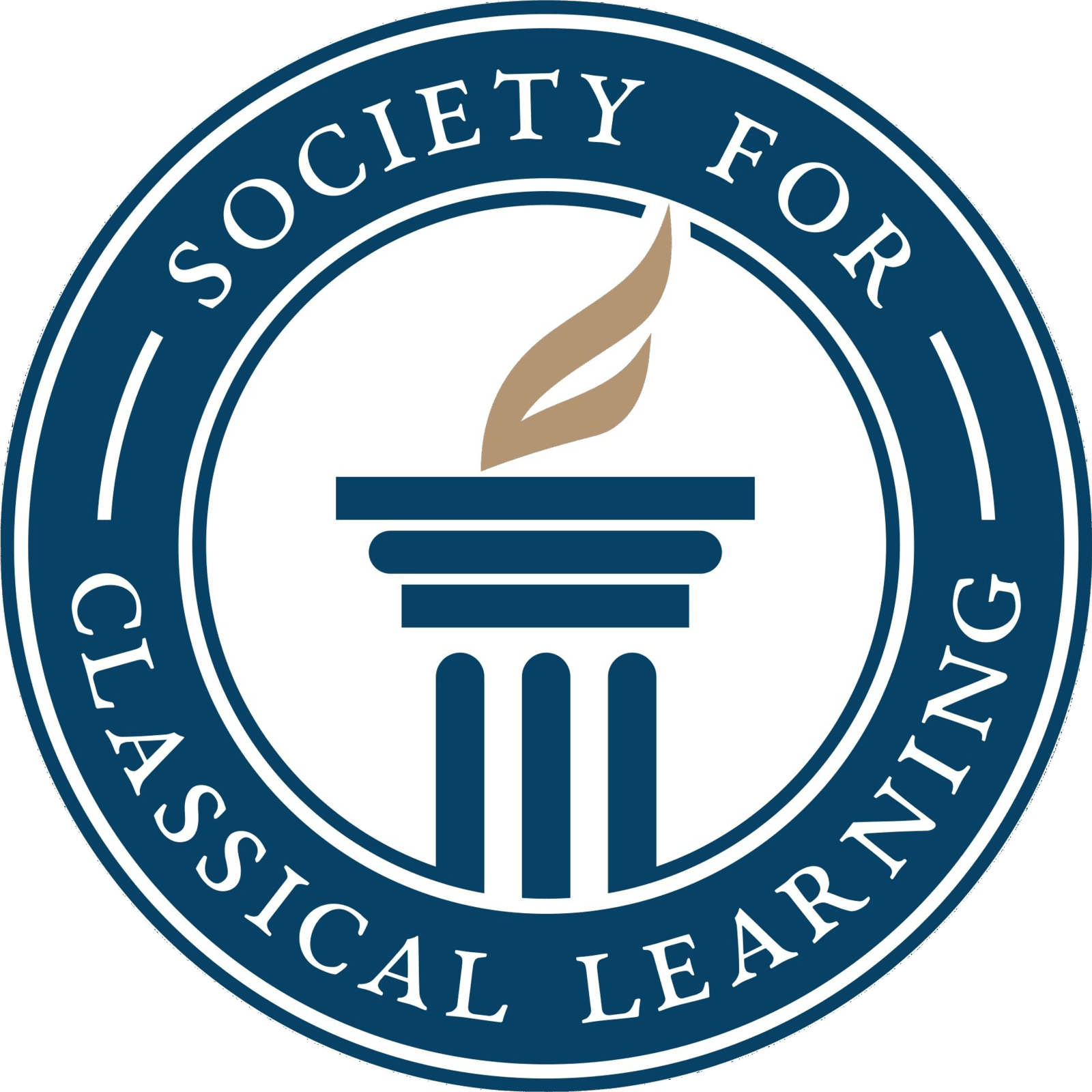Philosophy of Education
Through our Christ-centered, classical, collaborative approach, we seek to cultivate virtue and a love of learning in our students and empower parents to disciple their children effectively.
Christ-Centered.
As Jesus Christ is “before all things,” “holds all things . . . together,” and has “reconciled to himself all things, whether on earth or in heaven,” (Col. 1:17, 20) we believe that “knowledge of the Holy One” (Prov. 9:10) and His redemptive work through the incarnation, crucifixion, and resurrection of Christ is necessary to understand all of reality. For that reason, theology governs and orients our learning in every subject as we strive to disciple students who see Christ’s preeminence in all things.
Classical.
Our curriculum is "classical" both in methodology and content. We use proven, time-tested teaching methods aligning with children's natural developmental stages to train children to love what is good, true, and beautiful; cultivate virtue and humility; and understand the riches of the “Great Conversation” that has shaped Western Civilization. Our comprehensive curriculum thoroughly covers the subjects comprising a "liberal arts and sciences" education—history, geography, literature, science, math, English grammar, spelling, writing, Latin, and the arts.
Collaborative.
Students enjoy the best aspects of traditional and homeschooling: Two weekdays of on-campus learning led by professional teachers, and three weekdays of learning at home with their parents and siblings using assignments prepared by the on-campus teachers. This approach encourages families to embrace a lifestyle of learning—and elevates parents as the God-ordained primary influences in their children’s lives—while providing the benefits, support, and structure of formal classroom instruction.
The Trivium
One of the most important features of classical education is the method it uses—a method that aligns with children's natural intellectual development and trains students how to learn for themselves. In short, our goal isn't just to teach students what to think but also how to think.
During the Middle Ages, scholars distilled the rich educational tradition of the Greeks and Romans into seven liberal arts—the trivium (or "verbal arts"), consisting of grammar, logic, and rhetoric; and the quadrivium (or "quantitative arts"), consisting of arithmetic, astronomy, geometry, and music, While the quadrivium is a significant part of a classical education, the subjects comprising the trivium are both subjects unto themselves and the paradigm for other studies.
Until the late 1800s, education throughout the English-speaking world centered on the seven classical liberal arts, but progressive educational methods began eroding this classical foundation during the Industrial Revolution. In 1947, Dorothy Sayers, a classics scholar and writer, argued for a return to the liberal arts to once again train students how to think. She also proposed something novel—emphasizing the trivium arts of grammar, logic, and rhetoric in sequential stages to mirror children's natural development, equip children for a life of learning, and develop good character.
We embrace the trivium, both as arts and as stages of learning, and develop our curricula around it:
The Grammar Stage (approximately kindergarten through fourth grade) focuses on the accumulation of knowledge. Each subject has its own "grammar," or fundamental rules. During the grammar phase of classical education, children memorize and absorb as much knowledge about as many subjects as possible, providing a framework for later reasoning and analysis. Young children have an amazing ability to memorize vast amounts of information, and through chanting, singing, skip counting, and reciting, children can joyfully grow in knowledge about God's Word and world.
The Logic Stage (approximately fifth through eighth grade) equips students to discern what is good, true, and beautiful. The logic phase equips students to understand the connections between the knowledge they acquired across various subjects and recognize Christ's primacy over them all. Students are encouraged to ask questions, debate, and dispute (which they are more than willing to do at this age!) in order to find and treasure what's true.
The Rhetoric Stage (approximately ninth through twelfth grade) trains students to express persuasively what they have learned. By this stage of their education, students have largely settled on what they think but need to learn how to present their thoughts clearly, eloquently, and gracefully. This stage requires the cultivation of wisdom—the culmination of an education designed to help students "always be[] prepared to make a defense to anyone who asks [them] for a reason for the hope that is in in [them]" (1 Pet. 3:15).


